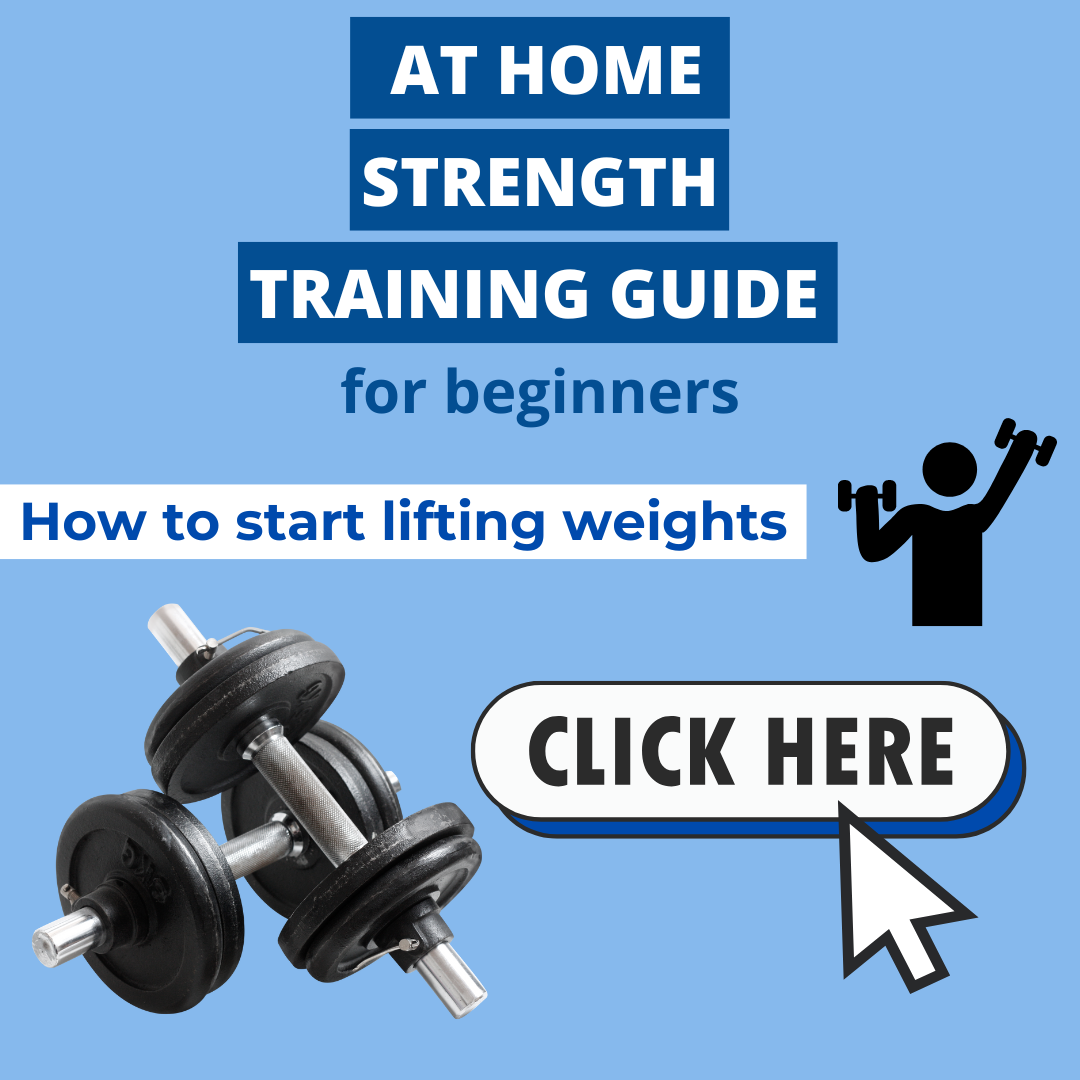Should You Try Intermittent Fasting for Weight Loss?

A lot of people swear by the benefits of intermittent fasting for weight loss.
“It’s the ONLY thing I’ve tried that’s helped me lose weight and actually keep it off,” they say.
“The scale is finally starting to trend in the right direction.”
“I wish I knew about intermittent fasting A LOT sooner!”
Maybe you should try it then.
Your weight hasn’t budged in the last few months.
There have even been days when the scale says you gained weight overnight.
If intermittent fasting works for everyone else, why can’t it work for you?
Here’s the deal with intermittent fasting for weight loss…
It might be for you.
But at the same time, it also might not be.
I’ll be explaining what I mean by that in this post.
But first, let’s go over a little background info on intermittent fasting.
What is intermittent fasting?
Intermittent fasting is when you have a certain eating window during which you consume all your meals.
For example, your eating window might be from 12 p.m. to 8 p.m.
The other time when you’re not eating is considered your fasting period.
Technically, if you really think about it, we all intermittent fast from our last meal in the evening to the first time we eat the next day.
Just break up the word breakfast.
Break-fast…As in you “break” your “fast.”
But in a nutshell, here’s how you can think about intermittent fasting for weight loss…
Do you normally just skip breakfast?
Intermittent fasting might be for you.
On the flip side of that, if the thought of going without breakfast is a punishment you wouldn’t wish on even your worst enemy, intermittent fasting won’t be for you.
FYI, even if you’re intermittent fasting, you still count your calories and all that good stuff to ensure you’re eating the correct amount of food for weight loss.
5 different intermittent fasting for weight loss schedules
There are a number of ways you can practice intermittent fasting for weight loss.
Some of these I’m not a fan of AT ALL but I want to put everything out there so you can decide for yourself.
I’ve outlined five of the more common ones below:
- 16/8 intermittent fasting — This is the method most people think of when someone says they’re intermittent fasting for weight loss. You have an 8-hour eating window and fast the remaining 16 hours out of the day.
- 5:2 intermittent fasting — You pick 2 days out of the week when you cut back your calorie consumption to a significantly low amount. You might see online that this intermittent fasting for weight loss method can mean as few as 500-600 calories on those 2 days. Make sure your low-calorie days aren’t on back-to-back days).
- 20/4 intermittent fasting — Your eating window is 4 hours and you fast for the other 20.
- One-meal-a-day (OMAD) — This is exactly how it sounds. You save your calories for one massive meal.
- Intermittent fasting on alternate days — You alternate between days of eating and fasting.
The most common one from that list is 16/8 and it’s the one I high, highly, highly (did I say highly?) recommend you go with if you do decide to try intermittent fasting for weight loss.
I just wanted to provide you with all of the methods there are out there.
Is it better to intermittent fast or just eat less?
Earlier, I mentioned who intermittent fasting for weight loss might be for vs. might not be for.
I want to elaborate on that a little bit.
The first thing you need to know is the weight loss golden rule, and that is…
In order to lose weight, you have to be in a calorie deficit, which means consuming fewer calories than you burn.
So, calories in < calories out.
If you’ve been in a calorie deficit for a while now but neither your weight nor measurements have gone down, that simply means you’re not actually in a calorie deficit.
No calorie deficit = no weight loss.
Some people find intermittent fasting makes it easier for them to maintain their deficit while others try intermittent fasting for weight loss and find out it’s just not for them.
If you’re not hungry when you wake up and normally just skip breakfast, intermittent fasting might make maintaining your deficit easier.
Or…
You may be one of those people who need to start off their day with a meal that’s high in protein so you have energy and aren’t so hungry as the day goes on.
Because if hunger gets ahold of you, it sets you up to binge eat later in the day.
Just know it’s not some secret hack or in any way a requirement for fat loss.
All it does is limit your eating window, and having a smaller eating window helps some people eat fewer calories.
The act of intermittent fasting itself won’t lead to greater weight loss or speed up your metabolism.
As long as 2 + 2 = 4, weight loss will always come down to calories in vs. calories out, regardless of whether you intermittent fast or not.
Intermittent fasting for weight loss FAQs
Is intermittent fasting safe?
Yes, just make sure you’re steering clear of the whole 1,200 calories-a-day crash diet sort of thing.
Slashing your calories super low just isn’t a sustainable method for weight loss.
Eating super low calories isn’t sustainable (and unsustainable methods = unsustainable results).
You’ll just make up for a drastic reduction in calories by overeating later on.
Is intermittent fasting sustainable?
It can be but that’ll depend on whether or not intermittent fasting for weight loss is the right move for you.
Back to a point I made earlier…
If you’re not hungry in the morning and have a tendency to skip breakfast, you can give it a try.
But if the idea of skipping breakfast gives you more anxiety than someone who’s scared of snakes holding a python, I think it’s safe to say intermittent fasting won’t be too sustainable for you.
And that’s okay because there’s nothing inherent or magical about intermittent fasting that’ll lead to greater weight loss.
What is the best intermittent fasting window to lose belly fat?
Targeted fat loss is a myth, meaning you can’t just pick and choose where on your body you’ll lose fat first.
To lose fat overall (which includes belly fat), you need to make sure you need to be in something that’s a two-letter word.
The first word starts with a “c” and the second word starts with a “d”
You guessed it…
Calorie deficit.
Nutrition drives your deficit and intermittent fasting is just a tool that helps some people stay in one.
Here are three areas I’d dial in regarding your deficit:
- Nutrition: Your deficit calories should be roughly 80% of your maintenance calories. In terms of foods to eat, this weight loss grocery list I created will come in handy on your next trip to the store.
- Strength training: Stop with the random HIIT dumbbell-kettlebell-circuit training-animal flow workouts you see on social media, or going into your workouts with the goal of sweating a ton. Instead, get on a strength training program (or create your own using THIS ARTICLE) and focus on getting stronger by applying progressive overload.
- Daily movement: Increasing your daily movement (outside of your actual workouts) is not only fantastic for your health but it has a significant positive impact on fat loss.
How long does it take for 16/8 intermittent fasting to work?
If by “work” we’re talking weight/fat loss, you can expect to see results within about three weeks of being consistent with maintaining a calorie deficit.
I do just want to say this though…
If you’re new to strength training, you might notice you’re losing inches but not weight.
Don’t freak out, it just means you’re losing fat and building muscle at the same time.
Inch loss = fat loss, so you’re still making progress.

What's up?
I’m Chad, I’m happy you’re here! I’m a certified personal trainer and my goal is to help you form practical, sustainable habits that lead to lifelong fitness results. If you want to lose fat, build muscle, and live a healthier, happier life then you’re right where you need to be. 💪🏾
Free resources
⬇⬇⬇







0 Comments